Pakistan to seek Taliban supreme leader’s help to control TTP
Pakistan has decided to seek the intervention of the secretive supreme leader of Afghanistan's Taliban to control the militant organizations in Pakistan after a suicide bombing killed scores of police in a mosque, officials said Saturday.
During an Apex Committee meeting in Peshawar, the civil and military leadership held the banned Tehreek-e-Taliban Pakistan (TTP), an affiliate of the Pakistani Taliban and the most notorious militant outfit in the area, responsible for the suicide bomb blast in Peshawar this week and decided to take up the matter with the interim Afghan government at the highest level, with a clear message that Pakistan would no longer tolerate cross-border terrorism, as per reports.
Held at the governor's house in the Khyber Pakhtunkhwa (KP) region’s capital, Peshawar, and presided over by Prime Minister Shehbaz Sharif, the gathering was called in the wake of the deadly terrorist attack that has rocked the country, as it claimed the lives of more than 100.
A senior Pakistani police official in the Khyber Pakhtunkhwa province where Monday's blast took place told AFP the Kabul delegation would hold "talks with the top brass".
"When we say top brass, it means... Afghan Taliban chief Hibatullah Akhundzada," he said on condition of anonymity.
The meeting was attended by Army chief Gen Syed Asim Munir, DG ISI Lt-Gen Nadeem Anjum, Peshawar Corps Commander, DGMO, and other military officials as well as senior cabinet members, chief ministers of the four provinces, Gilgilt-Baltistan and Azad Jammu and Kashmir.
The attendees also questioned that how the suicide bomber managed to enter the high-security zone.
The meeting concluded that the TTP, indeed, carried out the attack but because of fear of backlash from the Afghan Taliban, it did not accept the responsibility.
The All Parties Conference (APC), where the ultimate choices on this matter will be made, will hear the discussions of the meeting before making any final decisions. It was determined during the meeting that discussions would be held with neighboring countries to eradicate terrorism.
Islamabad had earlier immediately blamed Afghanistan’s Taliban for the deadly Monday suicide bombing that took place in a crowded mosque in the highly guarded provincial police headquarters.
However, the Taliban of Afghanistan straightaway rejected their allegations and urged them to thoroughly investigate the matter.
On Wednesday, Afghanistan’s foreign minister Amir Khan Muttaqi warned Pakistan should "not pass the blame to others".
"They should see the problems in their own house," he said, adding that "Afghanistan should not be blamed."
The TTP, formed in 2007 by Pakistani militants who splintered off from the Afghan Taliban, shares common lineage and ideals with the Afghan Taliban that is led by Hibatullah Akhundzada who issues edicts from his hideaway in the southern city of Kandahar.
According to the Pak Institute for Peace Studies, ever since the Taliban government came to power in Afghanistan, Pakistan allegedly witnessed a 50 percent rise in militant activities.
D-8’s role in Iran’s economy after Cairo summit
China slams US as ‘war-addicted’ threat to global security
China ‘firmly opposes’ US military aid to Taiwan
VIDEO | Press TV's News Headlines
President Yoon Suk Yeol to be removed from office
At least 19 Gazans killed by Israeli airstrikes since dawn: Medics
Leader: Iran neither has nor needs proxy forces
US fighter aircraft shot down ‘in friendly fire’ amid aggression on Yemen


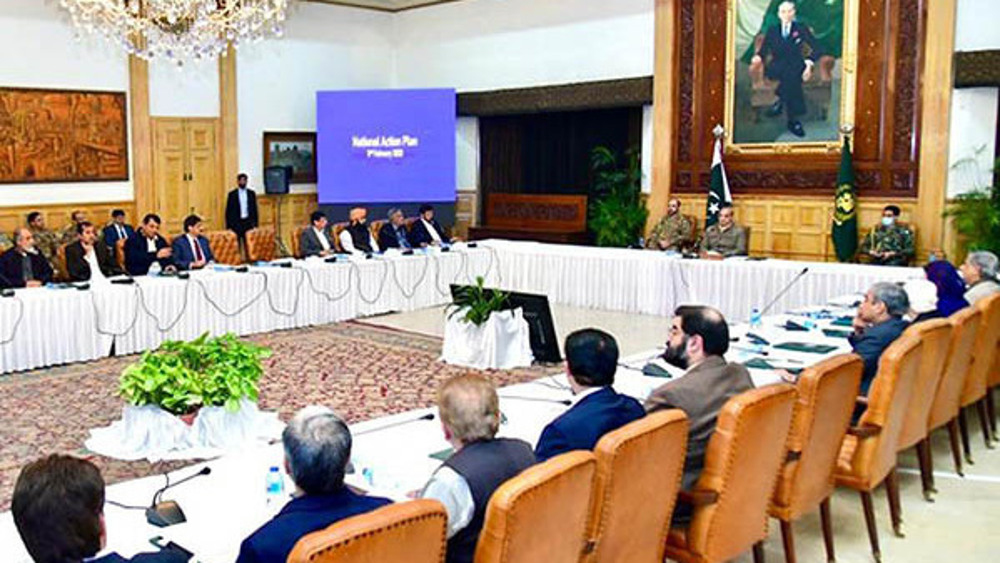
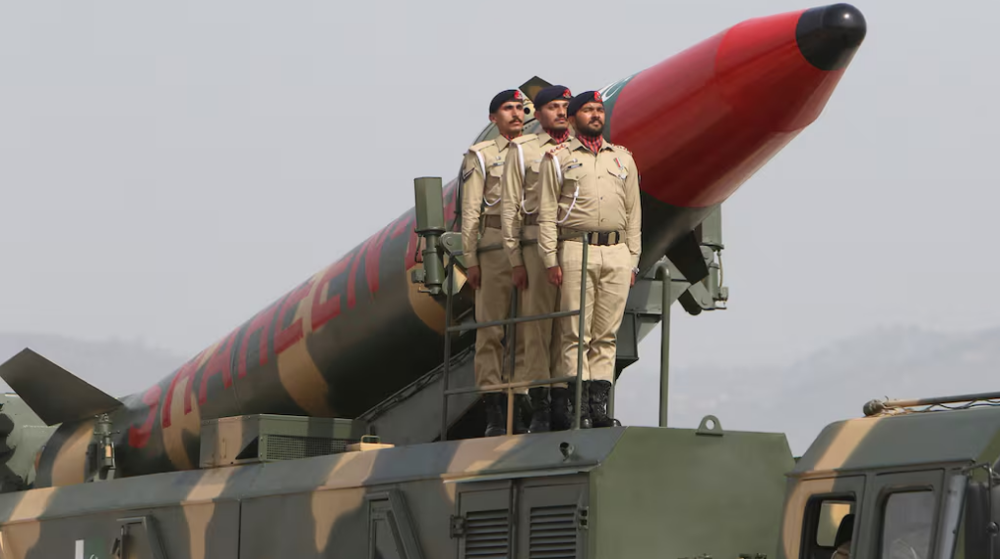

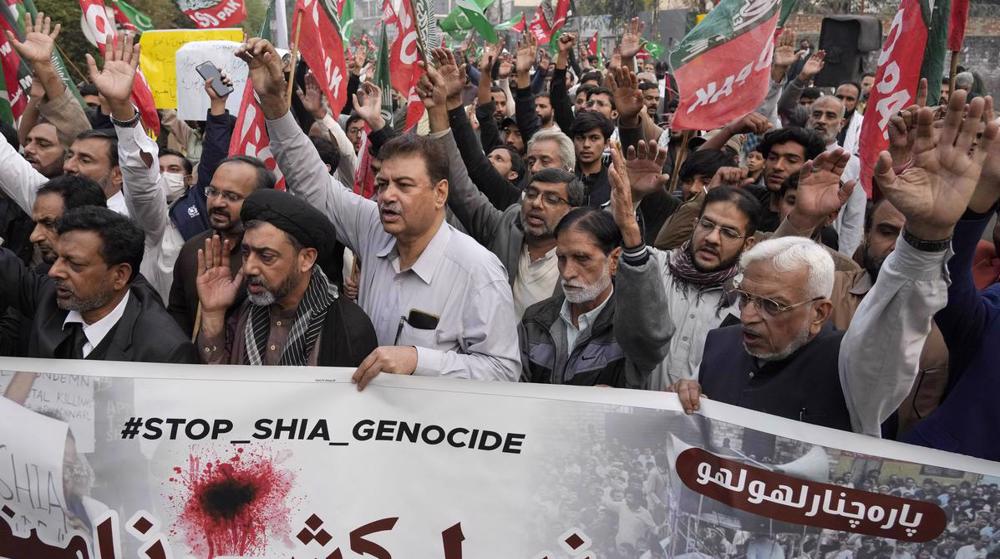



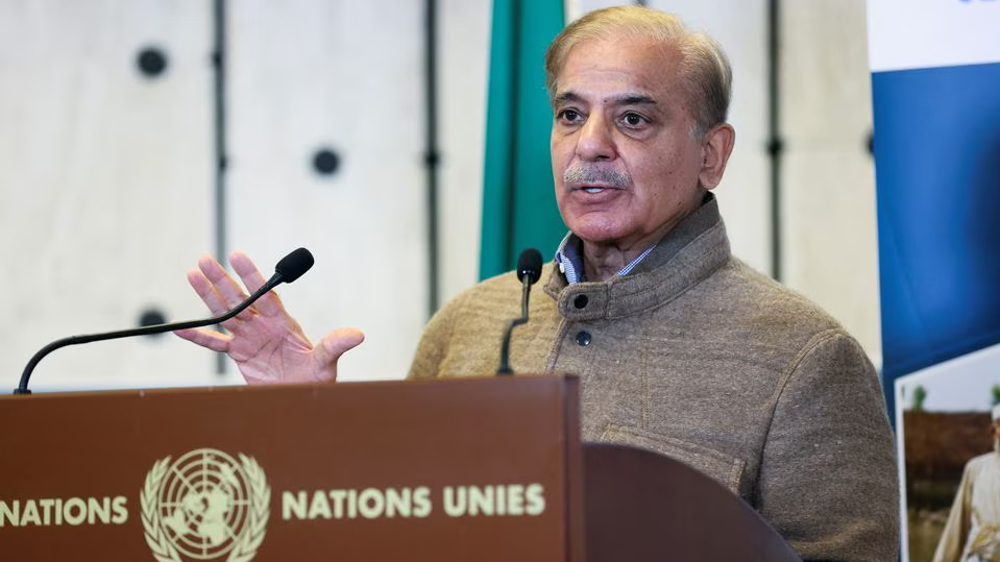
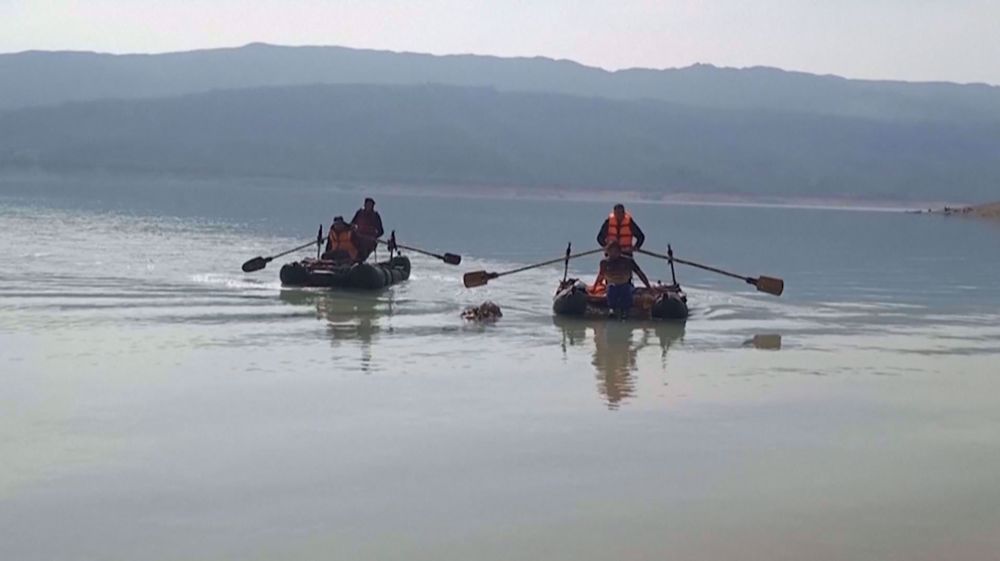
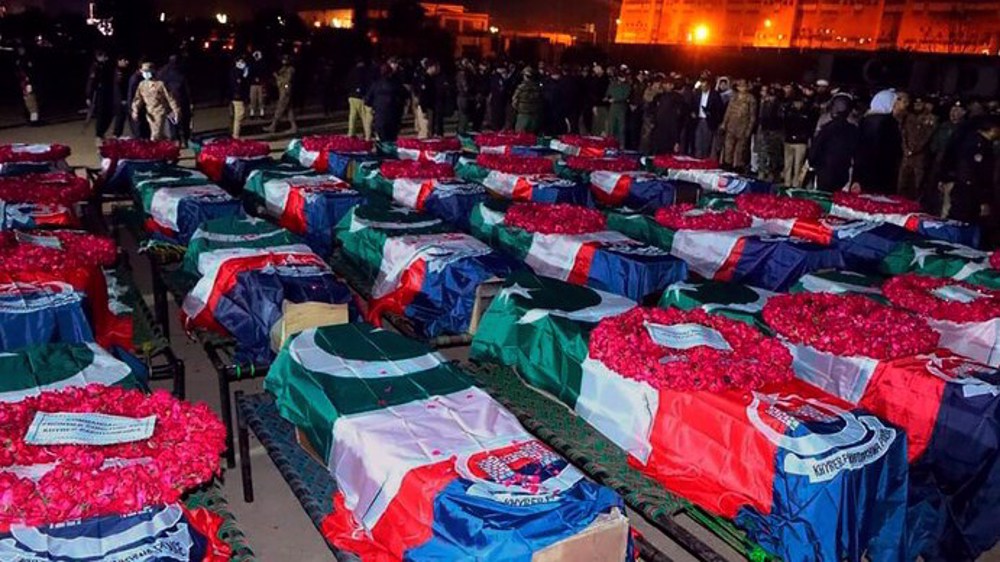
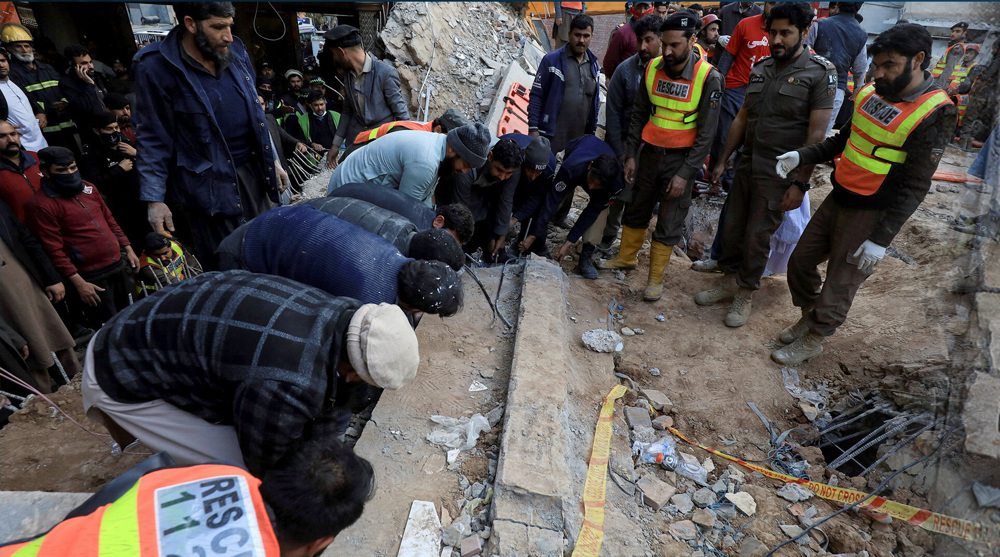
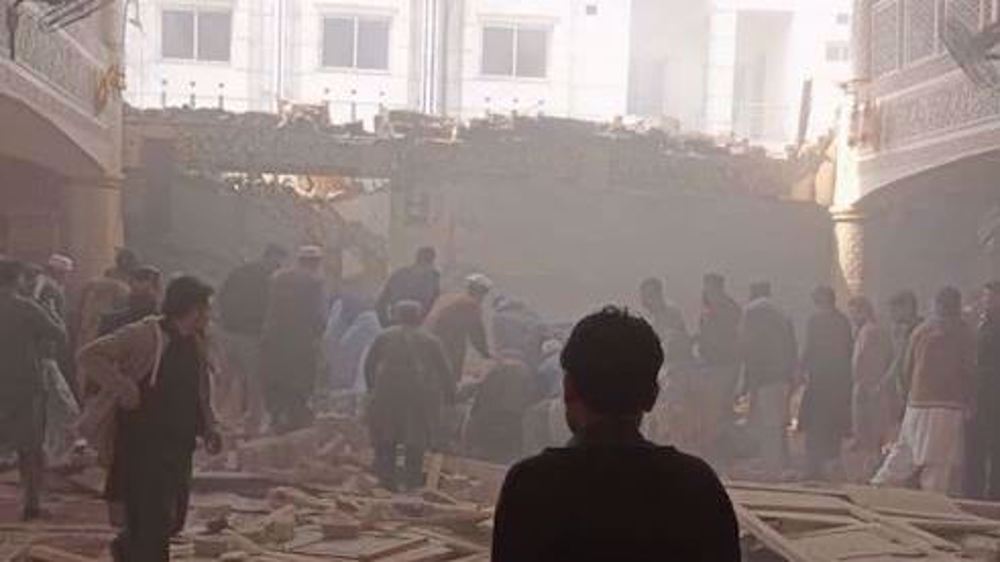

 This makes it easy to access the Press TV website
This makes it easy to access the Press TV website